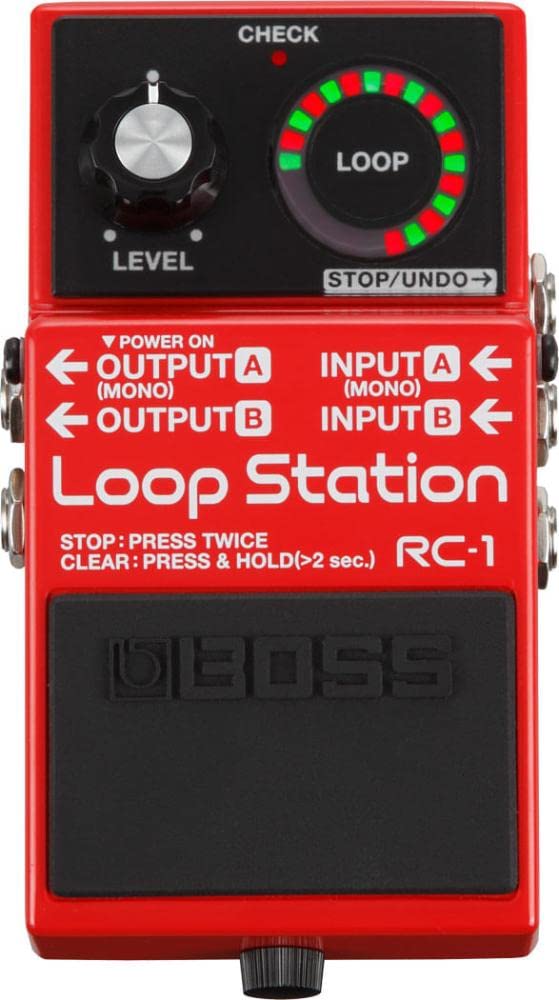
Loop Station Pedals for Ukulele: A Comprehensive Review
Loop station pedals are an invaluable tool for ukulele players, offering a multitude of sound possibilities that can substantially enhance a musical performance. This review will delve into the world of loop station pedals for ukuleles, discussing their function, popular models, and impact on the overall sound.
Understanding Loop Station Pedals
A loop station pedal, also known as a looper pedal, is a type of effects pedal that allows you to record a musical phrase or chord progression, and then play it back in a loop. For ukulele players, a loop pedal can unlock a vast range of creative options, allowing them to layer melodies, harmonies, and rhythms to create a full-bodied sound.
Popular Loop Station Pedals for Ukulele
There are several loop station pedals available on the market that are suitable for ukuleles. Some of the popular ones include the Boss RC-30 Multi Looper Effects Pedal, the TC Electronic Ditto, and the Boss RC1 Loop Station.
The Boss RC-30 Multi Looper Effects Pedal is a highly versatile pedal that allows you to create and stack multi-layered loops with twin stereo tracks. Each track can be independently controlled, providing a great deal of creative flexibility.
The TC Electronic Ditto is another popular choice among ukulele players. It offers a simple interface with a single knob controlling the loop volume, making it incredibly user-friendly. Despite its simplicity, the Ditto delivers high-quality sound and allows for unlimited overdubs.
The Boss RC1 Loop Station is renowned for its ease of use and clear, high-quality sound. Users have reported positive experiences with this pedal, noting its straightforward design and the ability to record, playback, and overdub easily.
Loop Station Pedals and Your Ukulele’s Tone
Loop station pedals can dramatically shape your ukulele’s tone, adding depth, texture, and complexity to its sound. By allowing you to layer melodies, harmonies, and rhythms, they enable you to create a rich, full-bodied sound that would typically require multiple musicians.
However, it’s important to remember that the effect of a loop station pedal can vary depending on your ukulele’s type and the kind of music you’re playing. For instance, a loop station pedal might lend a multi-dimensional, orchestral quality to a slow, melancholic song played on a tenor ukulele, while it might add a lively, rhythmic complexity to a fast-paced tune played on a soprano ukulele.
User Experience
Ukulele players have reported positive experiences with loop station pedals. They’ve praised these pedals for their ability to enhance the instrument’s sound and add depth and complexity to their performance. The versatility and quality of sound effects offered by these pedals have also been appreciated.
However, as with any musical accessory, the user experience can vary based on individual preferences and playing styles. Some users might prefer a different sound or feel, but the general consensus among players is that loop station pedals are a valuable addition to a ukulele player’s toolkit.
Conclusion
In conclusion, loop station pedals offer a great way to enhance your ukulele’s sound and add depth and complexity to your performance. Whether you’re a beginner looking to experiment with different sound effects or an experienced player wanting to enrich your sound, loop station pedals are worth considering.
Remember, the best loop station pedal for you depends on your personal preferences and the kind of music you play. So take the time to explore different models and find the one that suits your style best. With a good loop station pedal, you can transform your ukulele’s sound and take your performance to new heights.



